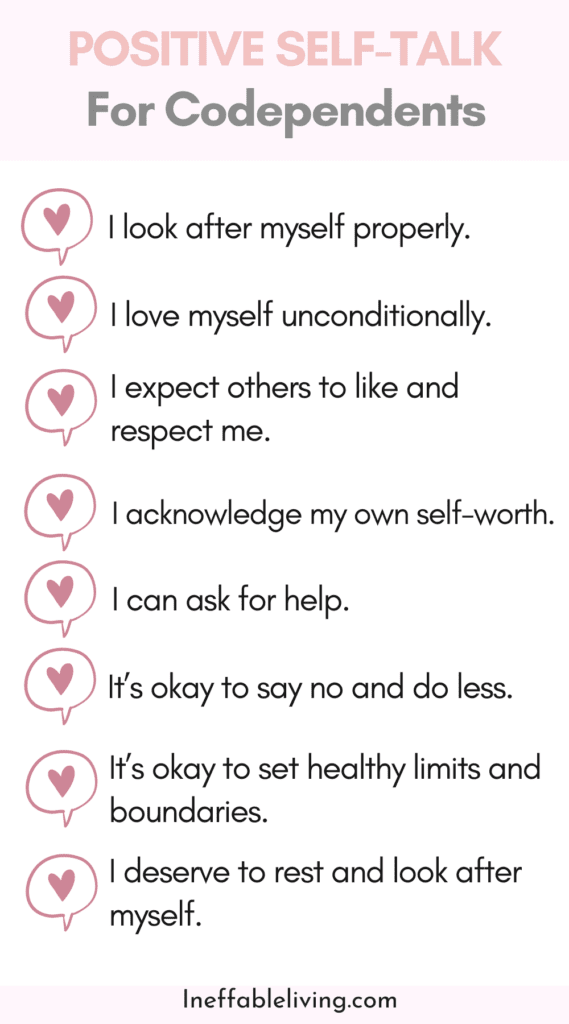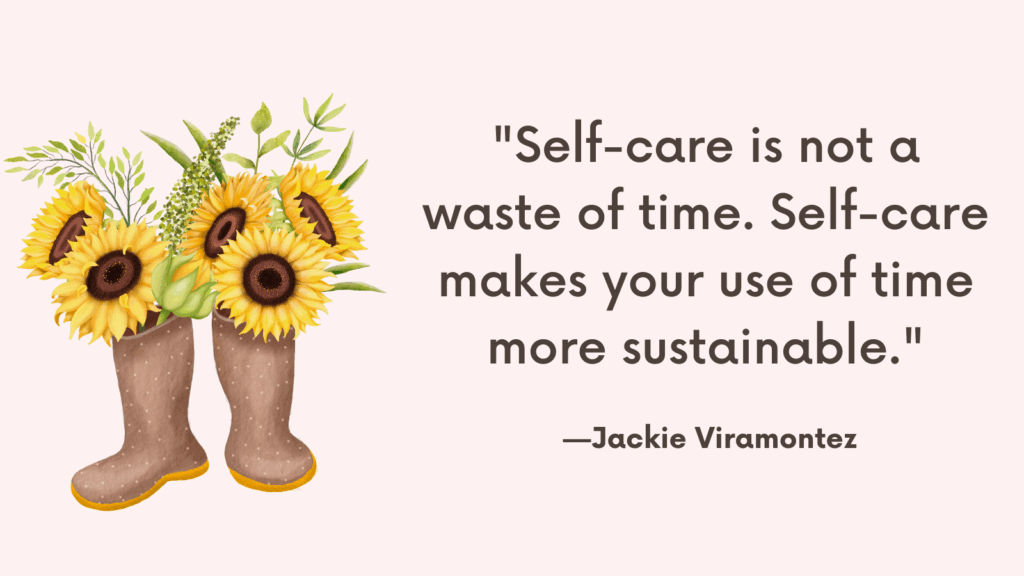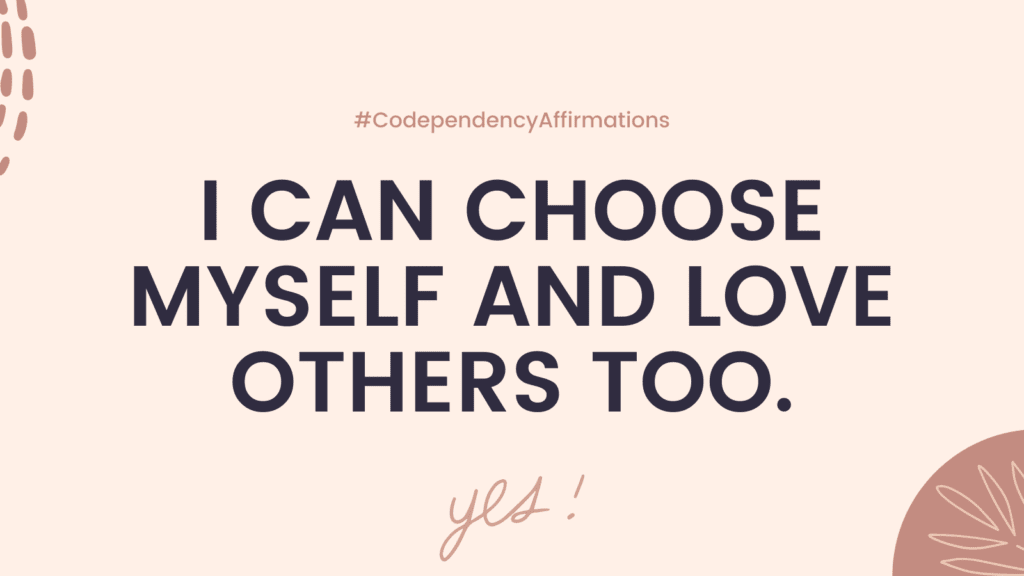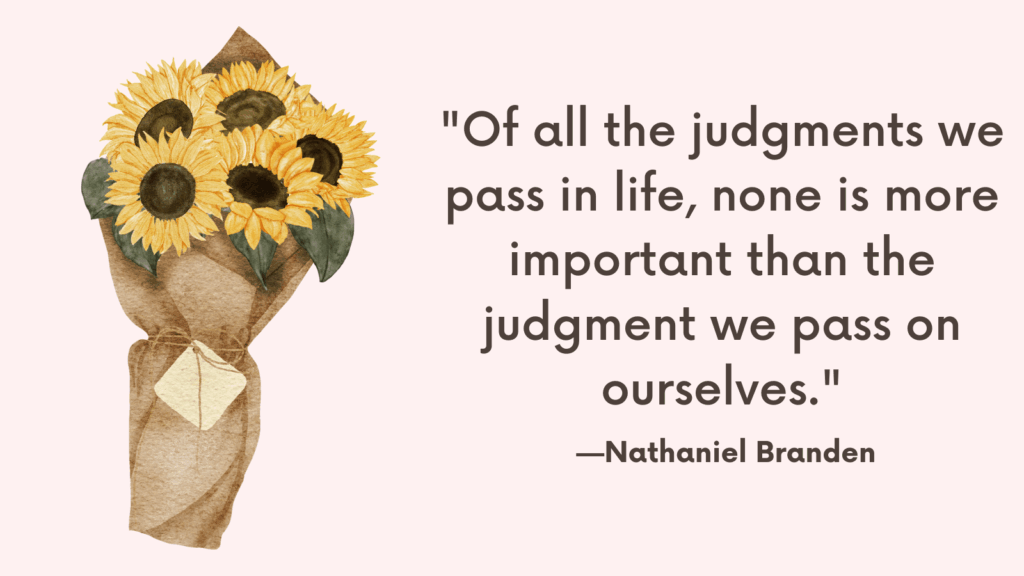Today, you’re going to learn how to recover from codependency and savior complex using powerful strategies.
Codependency can be defined as “an addiction to people.”
Codependency is a belief of helplessness over one’s feelings and an attempt to control inner feelings by controlling people, things, and events on the outside.
Savior complex is one trait of codependency. Codependents are naturally giving, sacrificing, and consumed with the needs and desires of others.
In a relationship, the codependent becomes addicted to another person and becomes enmeshed in the other person so much so that their sense of self becomes severely restricted and influenced by that other person’s identity and problems.
What Is Codependency?
The Merriam Webster’s online dictionary defines codependency as: “A psychological condition or a relationship in which a person is controlled or manipulated by another who is affected with a pathological condition.”
In other words, codependency is a disorder of selflessness, passivity, and personal powerlessness.
They repeatedly find themselves attracted to partners who are a perfect counter-match to their uniquely passive and submissive attitude.
Codependents confuse caretaking with love. Their role as the martyr who is endlessly devoted and loving is an extension of their yearning to be loved and cared for as children. (*)
They yearn to be loved, but because of their chosen partner, they habitually end up feeling unappreciated and used.
Although they are unhappy, they pretend to enjoy the relationship, while harboring feelings of anger, bitterness, and sadness.
They are also convinced that they will never find someone who will love them for who they are. Their low self-esteem manifests itself into a form of learned helplessness that keeps them stuck with their emotional manipulator partner.
They believe that being alone is the equivalent of feeling lonely, and loneliness is too painful for them to bear.
Codependency is not equally intense with everyone.
For some people, codependency is integrated into the relationship without constituting a real problem. For other people, codependency becomes very often an out of control issue and attracts toxic people.
Related: Codependency And Enmeshment: 9 Signs You May Be In An Enmeshed Relationship
What Is Savior Complex?
Also called messiah complex or Christ complex or savior complex or white knight syndrome.
It is a need to “save” people by fixing their problems. (*)
People with savior complex might:
- believe helping others is what gives them meaning and purpose
- only feel good about themselves when they’re helping someone
- spend so much time and energy trying to fix others that they end up burning out or experiencing compassion fatigue
Codependent people typically have an exaggerated need to fix others. This causes them to have an overactive “savior complex.”
Related: Caregiving vs Caretaking (The Savior Complex)
Who Is The Enabler?
An enabler is someone who unconsciously or consciously facilitates the destructive behavior of a dysfunctional person through repeated attempts to rescue or fix them.
This perpetuates the destructive behavior of a dysfunctional person.
Enabling is a common behavior among actively codependent people. It is usually a way to distract enablers from their own problems and a way to find fulfillment outside and feel competent.
However, not every codependent would fit this role neatly.
Related: Take The Echoist Quiz (The Opposite Of A Narcissist)
Do I Have Savior Complex?
Does any of the following describe you?
- You only feel good about yourself when helping someone.
- You spend so much of your time and energy trying to fix other that you end up burning out.
- You often are attracted to vulnerabilities in people, particularly people who are in distress or with mental health disorders.
- You like helping others because it takes your mind off your troubles.
- You strongly believe that you can change people with enough love and care.
- You often make excessive personal sacrifices or overextend yourself to help people who may not even want help.
- You believe you’re the only one who can help certain people.
If so, you might have savior complex.
Related: Codependency Quiz (+FREE Codependency Worksheets PDF)
How to Recover From Codependency And Savior Complex?
The key to healing from codependency and savior complex is to start focusing on yourself and underlying issues that drive the need to focus on others.
#1. Develop Self-Awareness
Start paying attention to your internal experience throughout the day.
See if you can notice how you feel while someone is talking to you.
- Do you silently blame or criticize yourself or others?
- How often do you agree when you don’t know?
- Do you talk to fill an uncomfortable silence?
- Do you ask questions instead of talking about yourself?
- Do you apologize often?
- Do you deflect compliments?
This should be done with an attitude of curiosity, without judging yourself.
Listen to your body and the internal emotional information it can provide.
Try sitting quietly. Take deep, relaxing breaths and bring your awareness into your belly or heart.
Notice what’s going on. Notice the temperature, color, sounds, and movements. You can focus on an issue in your life and notice your bodily sensations around it.
Related: 6 Simple Ways to Practice Mindfulness Throughout The Day (and Find Your Inner Peace)
#2. Honor Your Feelings
Although feelings aren’t logical and may sometimes seem irrational, there’s usually a good reason for them.
Ignoring your feelings will most likely intensify them.
Acknowledging your feelings doesn’t mean you need to base your decisions on how you feel, you can allow yourself to feel sad while doing the things you have to do.
Honoring your feelings means responsibility for them, without blaming others. No one makes you feel something without your consent.
Positive beliefs about your feelings:
- I have a right to feel my feelings.
- No one can tell me what I “should” feel, even me.
- I don’t have to defend my feelings.
- All my feelings are okay, even anxiety and painful feelings.
- Allowing myself to feel my emotions is healthy.
- My feelings are a valuable feedback about what’s happening in my world.
- What I’m feeling will eventually pass.
Related: Top 21 Emotional Writing Prompts To Process Emotions
#3. Identify Your Basic Emotional Needs
Your previous relationships can also provide insight into what your needs are.
When you identify your own basic emotional needs and work on meeting them, you will likely engage in relationships that are complementary and supportive of where you are.
This doesn’t mean that you need to meet your needs by yourself. It simply means that you need to take responsibility for these needs and acknowledge that you are your own primary caregiver and must meet your own needs as much as you are able.
This is done through self-care, and compassionately treating yourself, especially when you make mistakes and feel inadequate. This also means setting healthy boundaries with others and practicing being assertive enough to say no when you need to.
Common Emotional Needs Include:
Acceptance, affection, appreciation, belonging, closeness, communication, community, companionship, compassion, consideration, consistency, cooperation, empathy, inclusion, intimacy, love, mutuality, nurturing, respect/self-respect, safety, security, stability, support, trust, warmth
For example:
Need: connection
I can get my need for connection met by
* Incorporating a daily mindfulness practice (connection with self).
* Having lunch with a friend once a week (connection with friends).
* Performing at least one act of kindness each day (connection with the community).
We all have needs, and each person’s needs are personal and based on their history. These needs are also fluid and may shift depending on your life stage. So make sure you regularly check-in with your needs.
This way connecting with others will come from a place of wholeness, not starvation and lack.
Related: Lack Of Self Awareness: 5 Signs & 5 Tips On How To Increase Self-Awareness
#4. Define Your Priorities and Values in Life
Take some time to define what components you’d like to include in your life.
Whether it was personal growth, friends, leisure, work… make a list of these components and visualize what you would like each part of your life to look like. Then list the things you should be doing in order to make that visualization a reality.
If you take the personal growth area, you might see yourself reading books, attending workshops and seminars, taking a class… take action on it, and begin by adding these tasks in your calendar.
If you find yourself at a workshop not being able to concentrate and overcome by the wish you were with your ex, don’t let it weaken your commitment and affirm to yourself that you’re here to learn!
Slowly but surely, the neediness will disappear, and the task at hand will become more enjoyable.
If you take the area of friends, visualize yourself inviting them over dinner or having a terrific evening out.
Pick the phone and arrange with them to hang out. With enough commitment, you’ll soon let go of wishing you were with your ex and start building healthy relationships.
Try This
To identify your values, ask yourself the following questions:
- What makes you the angriest about things in the world?
- Which organizations or charities do you, or would you, support?
- What mentors or public figures do you respect or admire? Why?
- Which religious beliefs do you agree and disagree with? Why?
List of positive characteristics and values
Appreciation of others · Artistic ability · Awareness of environment · Assertiveness · Balance · Being part of a community · Being in a team · Capacity to change and develop · Chilling out · Collaborating with others · Connecting with people · Creativity · Excitement · Financial management · Family commitment · Freedom · Friendship · Fun · Generosity · Helping others · Honesty · Honour · Humour · Independence · Individuality · Intelligence · Integrity · Intimacy · Kindness · Learning from experience · Looking after myself · Love · Musical ability · Networking · Not taking myself too seriously · Organizational skills · Physical health · Physical fitness · Relaxed approach and attitude · Reliability · Religious lifestyle · Risk-taking · Self-awareness · Self-expression · Sensuality · Sexuality · Sharing · Solitude · Social conscience · Standing up for rights · Spirituality · Stability · Success · Understanding
Related: How To Have A More Fulfilling Life And Find Happiness Within Yourself
#5. Create Goals For Yourself
For each area of your life, create specific goals that will help you maintain these components of your life.
You may not be able to cover each area every day. An important work project might take much of your time.
The goal is to have an overall balance, so you won’t find yourself dependent on one single area of your life.
Some people, despite having many things in their lives, only have one area that means everything to them. Make sure that you’re fully committed to every area of your life.
In other words, consciously, give everything you’ve got to each area of your life.
Related: Top 18 Self Esteem Exercises (+FREE CBT For Self-Esteem Worksheets PDF)
#6. Raise Your Self-Esteem
You get to choose focus on what puts you down or on what lifts you up.
Stop waiting for others for recognition and praise and start giving yourself that. In fact, your own acknowledgment and praise will last more than that which you receive from others.
Make a list of your successes, even the seemingly small ones. This will back up your positive affirmations.
Praise yourself as you would praise a friend.
Related: How Confident Am I Quiz (+Best 13 Practical Tools To Feel More Confident)

You Can Still Help Others
Helping in and of itself is not a problem.
It becomes problematic when it’s done for the wrong reasons (e.g. the need to feel good about yourself, the need to take your mind off your troubles).
Helping is also problematic when it turns into enabling. This is when you facilitate destructive behaviors for the other person (e.g. engaging in addictions, not letting them face the consequences of their own actions).
1. Listen Without Giving advice
If you’ve been trying to fix others for a while, you probably realize that no amount of advice had inspired them to change.
Truth is people need someone who is going to listen and validate their experience.
Unless they directly ask for advice, you may want to consider trying something different: listen without giving advice.
Simply try to put yourself in their shoes and imagine what it must be like to go through similar experience.
Your understanding and empathy can be all they need to feel better.
2. Consider What’s Best For Them
Just because someone asked for something, doesn’t mean it’s what they need.
Repeated attempts to rescue or give the other person what they ask for may only perpetuate their destructive behavior and prevent them from facing the consequences of their own actions, and thus prevent change.
Related: How To Validate Someone’s Feelings Without Agreeing? (+Examples of Validating Statements)
Get FREE Overcome Codependency Worksheets
Change Is a Process
When you begin your healing and change process, expect things to get worse before they get better.
When you stop avoiding and numbing your feelings and start facing them, you begin to feel the pain or shame that your dysfunctional behavior was protecting you from.
But if you can sit with that pain and tolerate those raw feelings and process them in a healthy way, you will no longer need the dysfunctional behavior and you will be able to enjoy a healthier relationship not just with other people, but most importantly with yourself.
Relapse is an inevitable part of that process. Don’t let the relapse hijack your self-confidence. Instead, use self-compassion to get yourself back on your feet.
Think of progress as climbing a mountain. Often times you feel that you’re in the same place you started – it’s the same view, but the truth is you’ve climbed higher and came so far.
What’s Next? Raising low self-esteem: 18 Ways to Build High Self-Esteem

Resources
- Portions of this article were adapted from the book Breakup Bootcamp: The Science of Rewiring Your Heart, © 2020 by Amy Chan. All rights reserved.
- Portions of this article were adapted from the book The Human Magnet Syndrome: Why We Love People who Hurt Us, © 2013 by Ross Rosenberg. All rights reserved.
- Portions of this article were adapted from the book Codependency For Dummies, © 2012 by Darlene Lancer. All rights reserved.
- The Lived Experience of Codependency: an Interpretative Phenomenological Analysis | SpringerLink
- Codependency: An Empirical Study from a Systemic Perspective | SpringerLink
- Living with Addicted Men and Codependency: The Moderating Effect of Personality Traits – PMC (nih.gov)
- Measuring codependents’ close relationships: a preliminary study – PubMed (nih.gov)
- Co-Dependency | Mental Health America (mhanational.org)
- Codependency: What Are The Signs & How To Overcome It (positivepsychology.com)
- Codependent relationships: Symptoms, warning signs, and behavior (medicalnewstoday.com)
- Codependency of the Members of a Family of an Alcohol Addict – ScienceDirect



